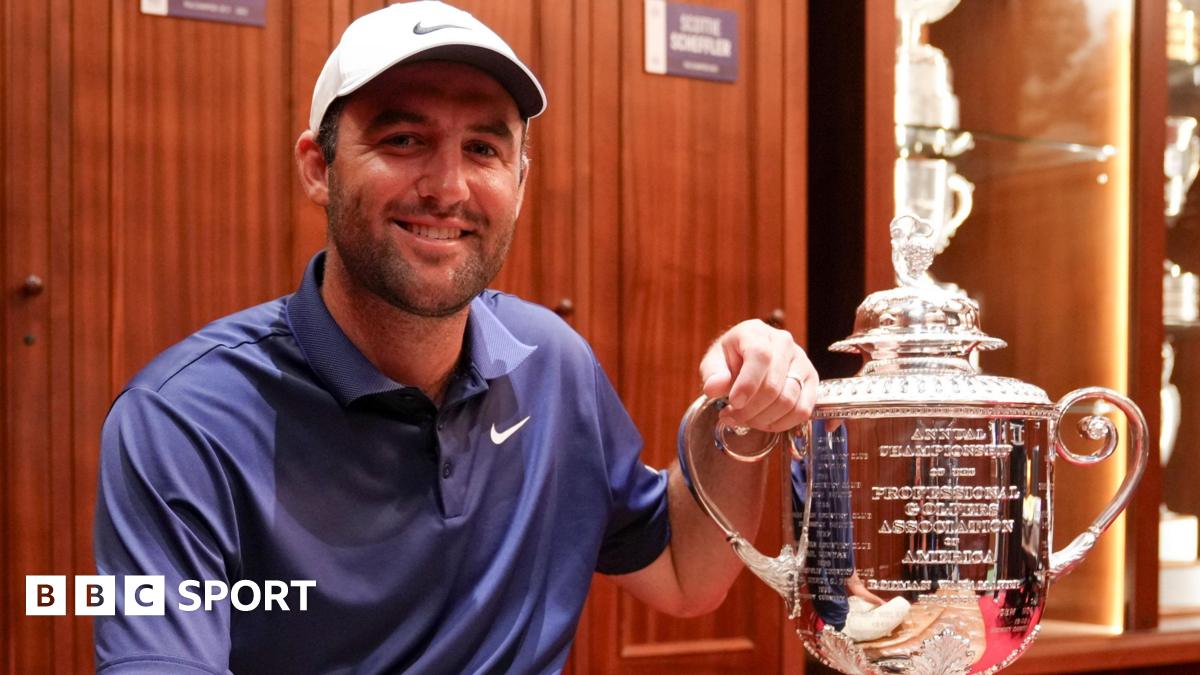The health department routinely conducts food safety inspections at each stadium.
MINNEAPOLIS — A food safety violation is something no restaurant or sporting facility wants to hear.
“We feel really strongly about protecting public health and making sure things are done properly,” said the Minneapolis Health Department Director of Environmental Health, Cindy Weckwerth.
Weckwerth said the department routinely inspects stadiums to prevent people from getting sick. She said they also conduct additional inspections for special events.
“We call it a sweep, and we do it unannounced whenever possible. During large events, we’ll let them know we’re coming because we want to make sure we’re there when they’re doing food preps,” Weckwerth said.
She said her inspection teams visit each food concession stand inside each stadium. Weckwerth said her team focuses on food safety, so they are looking for proper handwashing, sanitizing surfaces, making sure dishwashers clean utensils properly, storing food at the right temperature, and making sure people aren’t touching food with their bare hands.
Weckwerth said inspectors walk through the sporting venues with management.
“The goal of both health department and the stadium is to make sure that they’re serving safe food,” she said. “I think the things we see at stadiums are probably very similar to what we would see in any other restaurant.”
The health department has found dozens of food safety violations in recent years at Target Center, U.S. Bank Stadium, and Target Field. In May, the department published its findings from a February food safety inspection at Target Center, where they found handwashing violations and rodent droppings.
“The mouse droppings where the violation was, was not in a food service area or even an area where they were serving food. It was in a back storage area. It was behind equipment, against a back wall. To me, that really shows how thorough our inspectors are that they are back there looking in all the cracks and corners with flashlights,” she said.
Weckwerth said if they find a violation, she said they will work with the vendors to solve it. For example, when they found the rodent droppings, she said they had the vendor sanitize the floors and walls after finding the droppings and had them get in touch with pest control. She said most of the issues they see are corrected on sight.
“I think it’s important to recognize that it is just a snapshot in time. It could be different an hour from now, and if we’re out there inspecting and correcting things as they go, it will be different in an hour for now,” Weckwerth said.
She said the violations they find inside stadiums are similar to what they find during restaurant inspections.
Weckwerth said that with the number of events each stadium hosts every year, she said the number of violations isn’t as high as you might think.
“The number of violations we’ve found is relatively small in comparison to the number of venues they have,” Weckwerth said.
She said the health department takes food safety seriously and is a top priority.
Weckwerth said one thing all the stadiums could improve on is following the city’s Green To Go ordinance. She said all the stadiums follow it to a certain extent.
“We have an ordinance that says all to-go food needs to be either in recyclable, compostable, or reusable packaging and we still see some of the stadiums using cups or containers that don’t the green-to-go ordinance,” Weckwerth said.
The city doesn’t have a dashboard for food reports pertaining to vendors inside stadiums, but they do publish inspection scores for restaurants and grocery stores.
If you notice something that doesn’t seem right or unsanitary, Weckwerth said it’s best to call the health department and they’ll follow up.









 English (US) ·
English (US) ·